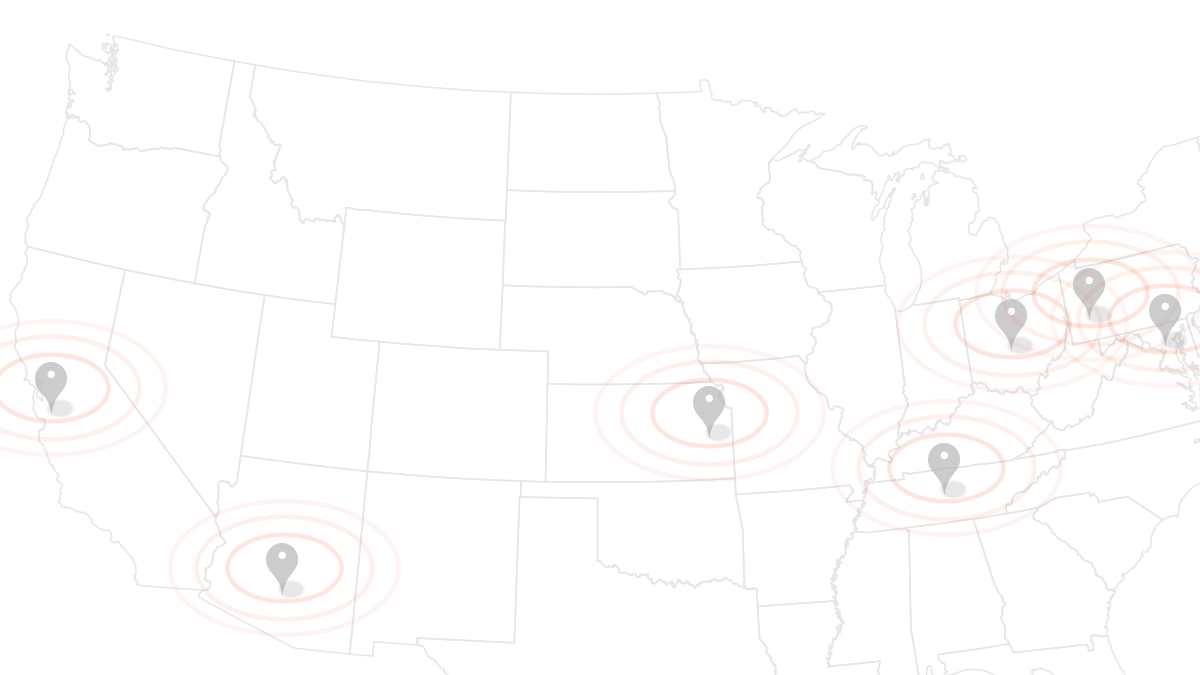Adversarial Data-Augmented Resilient Intrusion Detection System for Unmanned Aerial Vehicles
|
ABSTRACT With the growing adoption of unmanned aerial vehicles (UAVs) across various domains, the security of their operations is paramount. UAVs, heavily dependent on GPS navigation, are at risk of jamming and spoofing cyberattacks, which can severely jeopardize their performance, safety, and mission integrity. Intrusion detection systems (IDSs) are typically employed as defense mechanisms, often leveraging traditional machine learning techniques. However, these IDSs are susceptible to adversarial attacks that exploit machine learning models by introducing input perturbations. In this work, we propose a novel IDS for UAVs to enhance resilience against such attacks using generative adversarial networks (GAN). We also comprehensively study several evasion-based adversarial attacks and utilize them to compare the performance of the proposed IDS with existing ones. The resilience is achieved by generating synthetic data based on the identified weak points in the IDS and incorporating these adversarial samples in the training process to regularize the learning. The evaluation results demonstrate that the proposed IDS is significantly robust against adversarial machine learning-based attacks compared to the state-of-the-art IDSs while maintaining a low false positive rate. |

BIO
Muneeba Asif, a Ph.D. student at Florida International University, is a Fulbright alumnus whose research investigates the security of cyber-physical systems, particularly within power electronics and critical infrastructures such as unmanned aerial vehicles (UAVs). Currently, she is a Research Assistant at the Analytics for Cyber Defense (ACyD) Lab, FIU, where she works with hardware, assessing vulnerabilities and developing protective strategies develops strategies to safeguard critical electronic systems.

